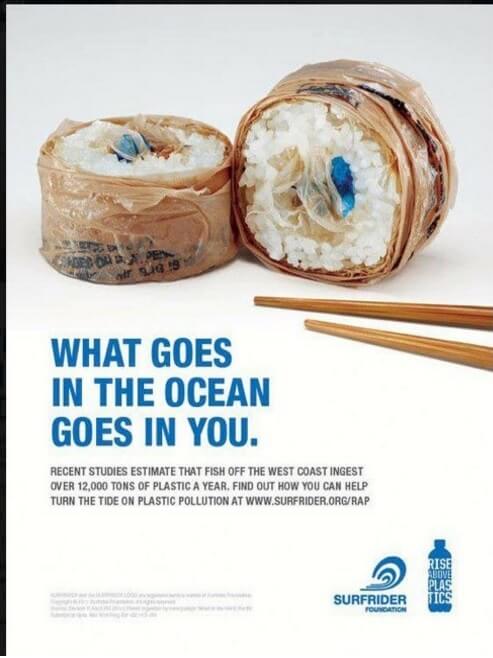Plastic is everywhere and far too often disposed of without an afterthought. Considering the fact that the average plastic bottle has a lifespan of 500 years or longer, it’s high time this comes to an end…
Given the emphasis placed on recycling in North America, I was surprised to discover that in the United States only 9% of plastics actually get recycled. According to a 2015 report by Worldwatch, Europe fares much better: 26% (6.6 million tons) of the post-consumer plastic they produced in 2012 was recycled, while 36% was incinerated for energy generation and the remaining 38% went to landfill. Speaking of incineration: I discovered from this interesting read on Treehugger that most of Sweden’s waste is transformed into energy in this way.
Thus, a significant amount of disposable plastic ends up in landfill, oceans and inside us.
Plastic Recycling is Still a Business
According to a Worldwatch 2015 report, the majority (56%) of plastic recyclers export their waste to China where it is used to produce a cheap source of polymer resin.
As you can imagine, not all the plastics they receive can be reused. Plastics are hard to sort so mom and pop operations at great risk to their health manually “sniff” and sort plastics and attempt burn the rest. This results in toxic fumes which adds to China’s smog problem.

Is this our future? 5 Photos From The Beijing Fashion Show That Make Surviving Smog Sexy Photo Credit: BusinessInsider.com
Given China is making efforts to curb their smog crisis, its only a matter of time before China will globally import less plastic and invest more in its own domestic recycling infrastructure.
Thus, there is an opportunity for a Greener Economy for North America to deal with their own plastic waste
Here’s what’s happening in this arena worldwide:
- Conversion of plastic to plastic into fuel/oil, plastic into roads
- Corporate social program – using Plastic Bottles to provide solar water heating, air conditioning, lighting using just water, bleach and plastic bottles in poorer villages
- Proper disposal (including Fungi that eat Plastic!)
Why need to take action
We must encourage plastic manufacturers to conduct their business as responsibly as possible. One way to do this: vote with your dollars by buying goods that uses plastic responsibly. If change doesn’t take place, as explained in this brief video, even more plastics will find their way into us.
